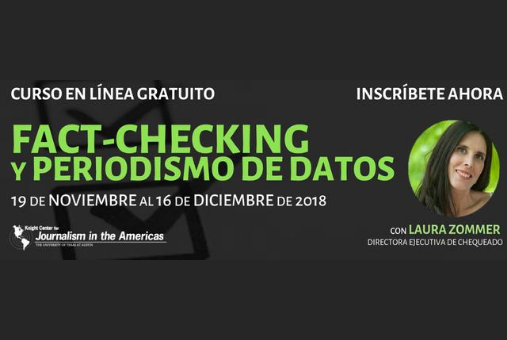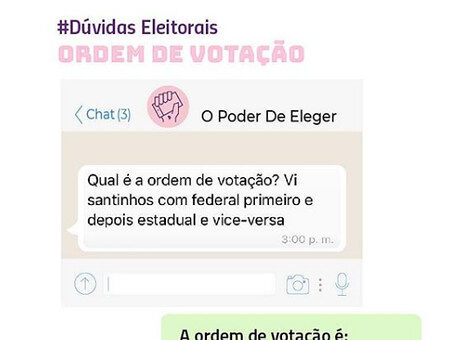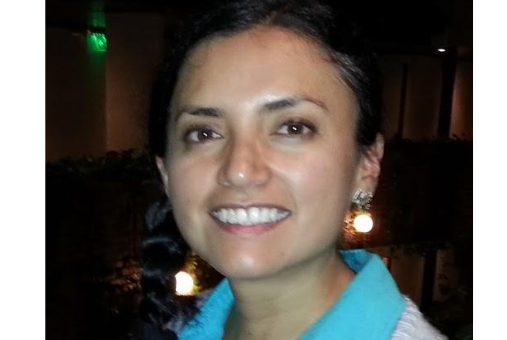
With media today, identifying fact from fiction can be a challenge. Yet, it’s in this same environment that fact-checking organizations have sprouted and continue to grow around the globe.

WhatsApp has 120 million active users in Brazil, according to what the company reported in July this year. This number is equivalent to more than half of the Brazilian population, estimated at 208.5 million people.

Data verification, or fact-checking, of facts of public interest and declarations of public figures has become a worldwide trend. This practice goes back to one of the basic principles of journalism, like the contrasting of sources.

The year 2018 has posed several challenges for fact-checking initiatives in Brazil. In addition to general elections permeated by intense political polarization and the new weight of social networks in the dissemination of rumors, fact-checking professionals are also faced with the distrust of the public, still in doubt about the role of fact-checking in the Brazilian media environment.
For the Comprova (Prove) project, journalists from 24 media outlets will partner to cross-check content heavily circulated in Brazilian social networks that is related to elections.
Verificado 2018, a collaborative journalism project from news site Animal Político and AJ + Español that has dozens of media and civil society organizations as allies, served as a catalyst for truthful information throughout political campaigning season and on election day in Mexico.
Two Brazilian fact-checking agencies and their collaborators have been targeted by virtual attacks due to a newly launched partnership with Facebook against the spread of false news. Personal attacks on journalists and criticism of the honesty of the agencies have come from right-wing groups accusing the agencies and journalists of attempting to censor and acting with a leftist ideological bias, according to BuzzFeed News.
It was a sunny day in May when members of the Chequeado team carefully laid out a large board game in Plaza Moreno in La Plata, Argentina. The whole scene had an air of whimsy: dice that require two hands to hold, icons that stood 4 feet tall and circus performers that called passersby to try their hand at the fact-checking site’s version of “La Oca,” or the Game of the Goose.
The FARC will receive government aid of 1.8 million Colombian pesos for five years. The combatants will not spend a day in jail. Timochenko, the top leader of the armed group, could become the president of Colombia.
While April 1 is April Fools’ Day in many countries around the world, the following day will be dedicated to finding the truth. The International Fact-Checking Network from The Poynter Institute has declared April 2 as International Fact-Checking Day in order to highlight the importance of fact-checking among readers.
For journalist Iván Flores Poveda, the presidential elections that will take place in Ecuador in February 2017 represent “a democratic transition.” After 10 years in power, President Rafael Correa decided not to put his hat in the ring for the position. However, according to Flores, the president has become a kind of campaign manager for the ticket of Lenín Moreno and Jorge Glass, the former and current vice presidents under Correa.
Following the lead of other fact-checking collaborations in the region, four Brazilian fact-checking projects will harness their collective experiences and talents to analyze an upcoming debate between the two remaining candidates for mayor of Rio de Janeiro.